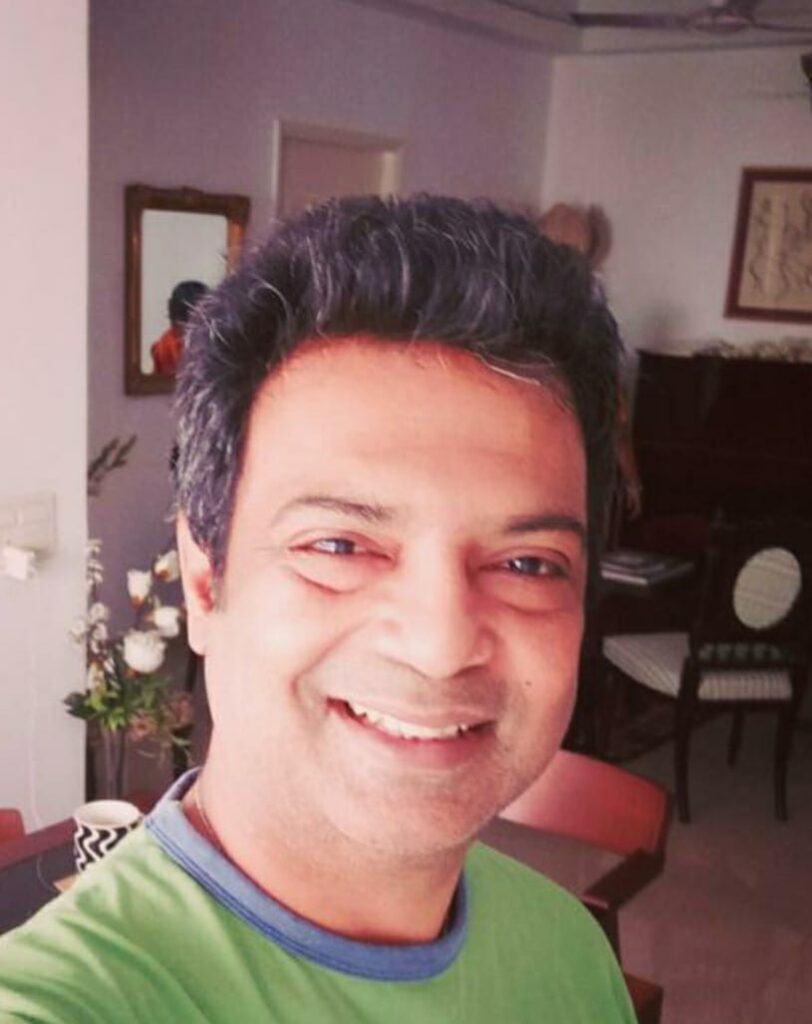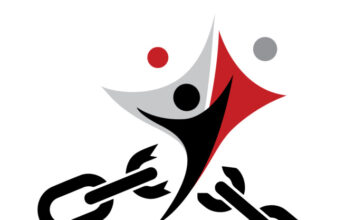On this Human Rights Day on Thursday, we got India Leaders Forum Against Trafficking (ILFAT)‘s activist Roop Sen to share his views on the challenges he faces while working with survivors of human trafficking.
As the Ministry of Women and Child Development has been determined to bring about legal reform on human trafficking, it would be worthwhile to consider how to correct the ills of some of the bad rehabilitation and recovery practices that have proved to be ineffective, expense and prejudicial. The recommendations that have emerged from the experience of survivors of trafficking are:

- Ensuring PTSD testing and mental health assessments for all survivors of trafficking, and recovery services to be based on the diagnosis. Quell the myth that psychological distress can be diagnosed by lay people in CWCs, judiciary, police, or NGOs.
- Restrict the periods of stay for survivors of trafficking in shelter homes, when necessary, to not more than 3 to 6 months. The law and policies should shift the focus to community-based rehabilitation approaches.
- The law should define rehabilitation and recovery. Disband the current myth that incarcerating survivors of shelters or returning them home without any services for their reintegration means reintegration. Provide for community based social workers to support survivors access health services from local hospitals and clinics.
- Rescue, institutionalization, and repatriation may not be feasible for all survivors of human trafficking. For example – a person trafficked for domestic labor 10 years ago, and since then has escaped the traffickers over the years, today may be still suffering from trauma impact of trafficking, but may not need to be institutionalized or returned back to her native village. Mental health services, both clinical and community-based approaches, needs to be made available to all especially vulnerable groups such as sex workers, substance-users, survivors of trafficking and so on.
Roop is a researcher, facilitator, and an activist, who works on issues of gender-based violence and personal growth. He is a certified coach and a practitioner of behavioral sciences, and works with individuals, groups and organizations for growth and development. This article is written by Mr Sen and Dainik Samvaad holds no legal responsibility for the claims made here.
